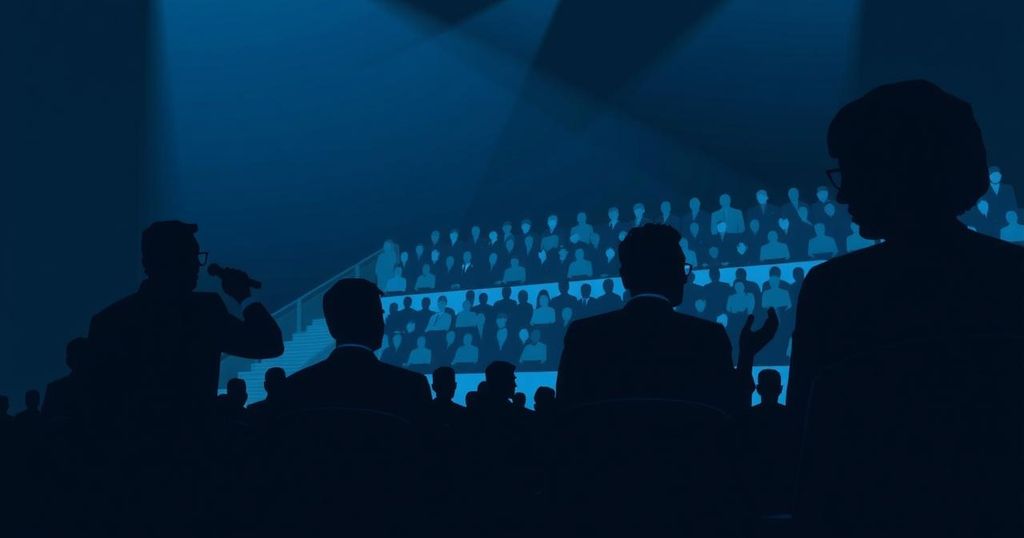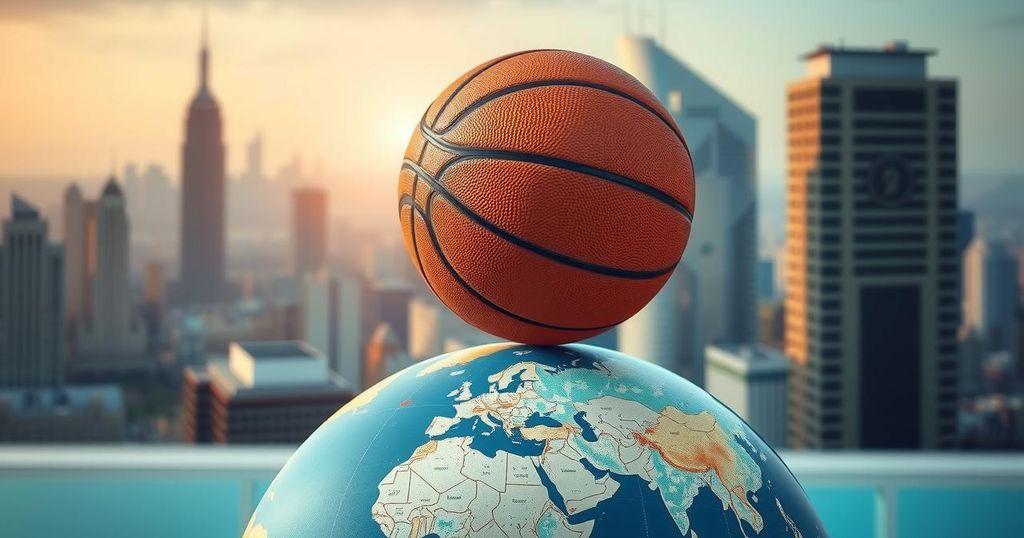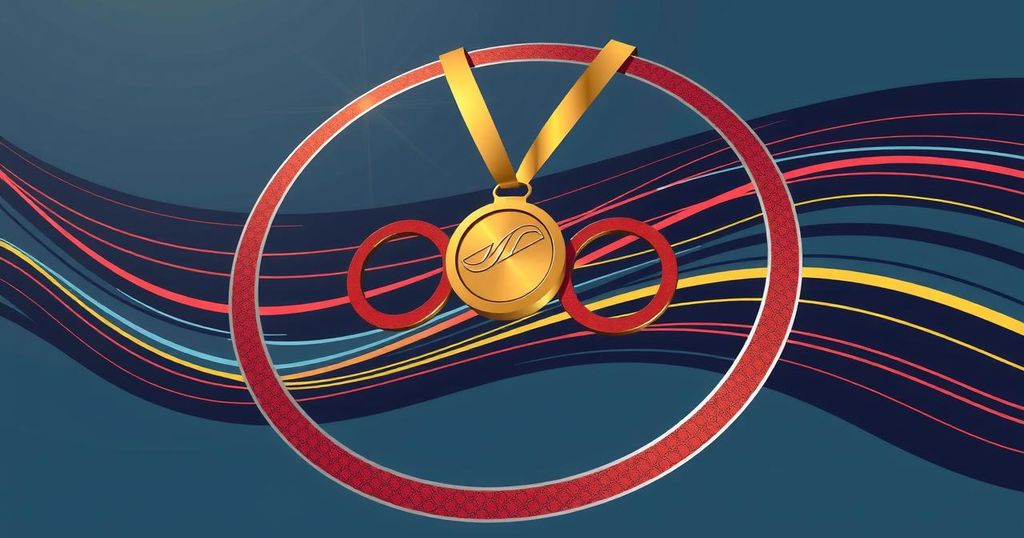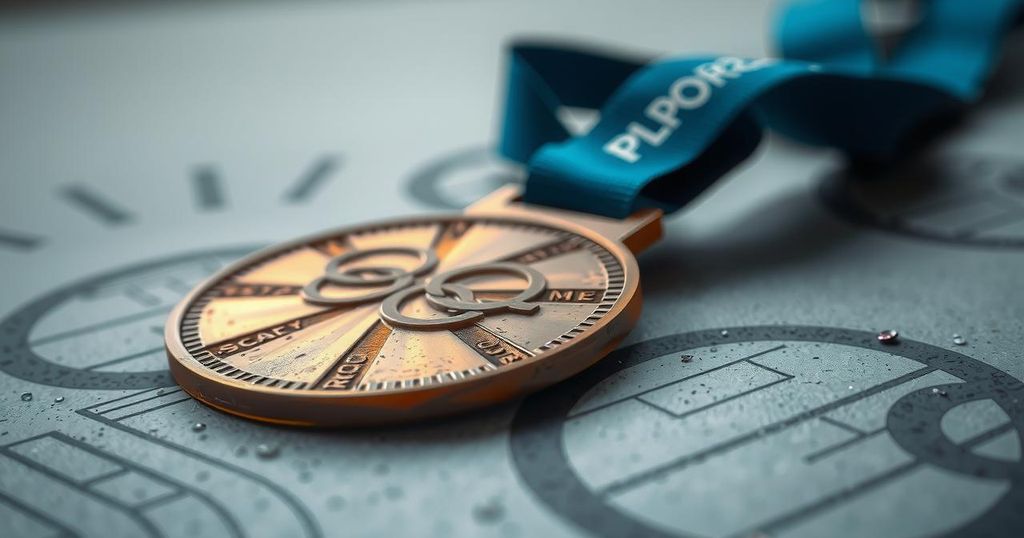Who Will Succeed Thomas Bach? Overview of Candidates for Next IOC President
Following the announcement by Thomas Bach that he will not seek reelection, seven candidates have emerged for the upcoming IOC presidential election slated for March 2025. This diverse group includes former Olympians, a Middle Eastern prince, and sports federation leaders. Each candidate brings a unique perspective on how to lead the IOC into its next chapter, addressing themes of inclusivity and modern challenges within the Olympic movement.
In a significant announcement at the recent 142nd Session of the International Olympic Committee (IOC) in Paris, current IOC President Thomas Bach declared that he would not seek reelection for another term. As a result, a competitive race has emerged with seven candidates vying for the subsequent presidency, which will be decided in March 2025 during the 143rd IOC Session in Greece. The candidates encompass a diverse array of backgrounds including two former Olympic champions, an esteemed Middle Eastern prince, and the son of a former president. Additionally, notable figures from the leadership of major sports federations such as cycling, gymnastics, and skiing are in contention. 1. Prince Feisal Al Hussein: As a member of the IOC and president of the Jordan Olympic Committee, Prince Feisal has a robust history in sports administration dating back to 1999. 2. Sebastian Coe: The President of World Athletics and a four-time Olympic medalist, Lord Coe possesses extensive experience within the global athletics community and has held various leadership roles in Olympic committees. 3. Kirsty Coventry: As a five-time Olympian and the only female candidate, Coventry is a formidable figure within the IOC and is recognized for her advocacy for athletes and her social impact initiatives in Zimbabwe. 4. Johan Eliasch: Currently presiding over the International Ski and Snowboard Federation, Eliasch brings his experience in both sports and corporate governance to the race. 5. David Lappartient: An IOC member since 2022, Lappartient leads the International Cycling Union and emphasizes the integration of e-sports and cycling within the Olympic framework. 6. Juan Antonio Samaranch: A long-time IOC member with deep ties to the Olympic movement through his family background and previous administrative roles, his candidacy signifies continuity of experience. 7. Morinari Watanabe: The President of the International Gymnastics Federation and the first Asian to hold this position, Watanabe has been involved in Olympic governance since 2018. As the election approaches, the candidates will focus on articulating their visions for the future of the Olympic movement, emphasizing inclusivity, sustainability, and the engagement of younger demographics in sports. The next IOC session will provide further insights into their platforms and priorities.
The International Olympic Committee (IOC), responsible for overseeing the Olympic Games, is entering a transitional phase as Thomas Bach, the president since 2013, steps aside, presenting an opportunity for new leadership. The upcoming presidential election will not only set the direction for the IOC but also raise discussions about diversity in leadership roles within global sports governance. The candidates represent a blend of sports and organizational experience, reflecting the IOC’s evolving priorities and global reach.
This upcoming presidential election is pivotal for the IOC, potentially influencing the direction of the Olympic movement for the next eight years. The diversity among candidates signifies a shift towards more inclusive governance. As each candidate prepares their campaign, the focus will be on their ability to address contemporary challenges in sports administration and their vision for the future of the Olympic Games.
Original Source: sportstar.thehindu.com








Post Comment